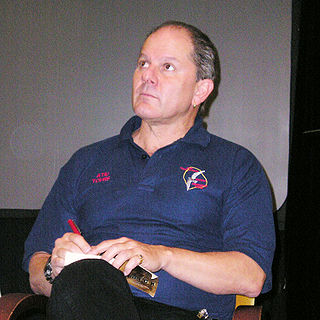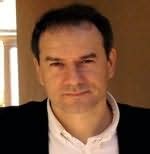A Quote by Tom Waits
I'm usually more concerned with how things sound than how they look on the page. Some people write for the page, and that's a whole other thing. I'm going for what it sounds like right away, so it may not even look good on the page.
Related Quotes
When you are writing a spoken word poem, the tools you're working with are your voice, your body, how it's going to sound to someone when you're saying it out loud. Which is different from when you're writing it on the page. That toolbox becomes how does this look visually on the page, how does this read among pages, how is this in relation to poems that are before it or after it. I don't think one is better or more successful than the other. You've just gotta think about "what are the tools I'm using, and how are they most effective in this form?"
Honestly, I hate Facebook - it has nothing on Myspace. I loved how weird and crappy and wild and trashy it was. Then there was the whole culture of pimping out your Myspace page. I remember spending 10 hours one day learning how to make our Myspace page look more like a message board from the mid-90s.
Yes, the fear of its blankness. At the same time, I kind of loved it. Mallarmé was trying to make the page a blank page. But if you're going to make the page a blank page, it's not just the absence of something, it has to become something else. It has to be material, it has to be this thing. I wanted to turn a page into a thing.
It had that comfortably sprung, lived-in look that library books with a lively circulation always get; bent page corners, a dab of mustard on page 331, a whiff of some reader's spilled after-dinner whiskey on page 468. Only library books speak with such wordless eloquence of the power good stories hold over us, how good stories abide, unchanged and mutely wise, while we poor humans grow older and slower.
When you're reading a newspaper and you're seeing ads on the page, it's not kind of invasive. Like, it's on the page next to the article. You can look at it or not. You can turn the page when you're ready. On the internet, the ads - many of the ads - just are so controlling. They insist that you see them.
When I'm writing comics, I'm also visualizing how the story will look on the page - not even always art-wise, but panel-wise, like how a moment will be enhanced dramatically by simply turning a page and getting a reveal. It requires thinking about story in a way I never had to consider when I was writing prose.



































